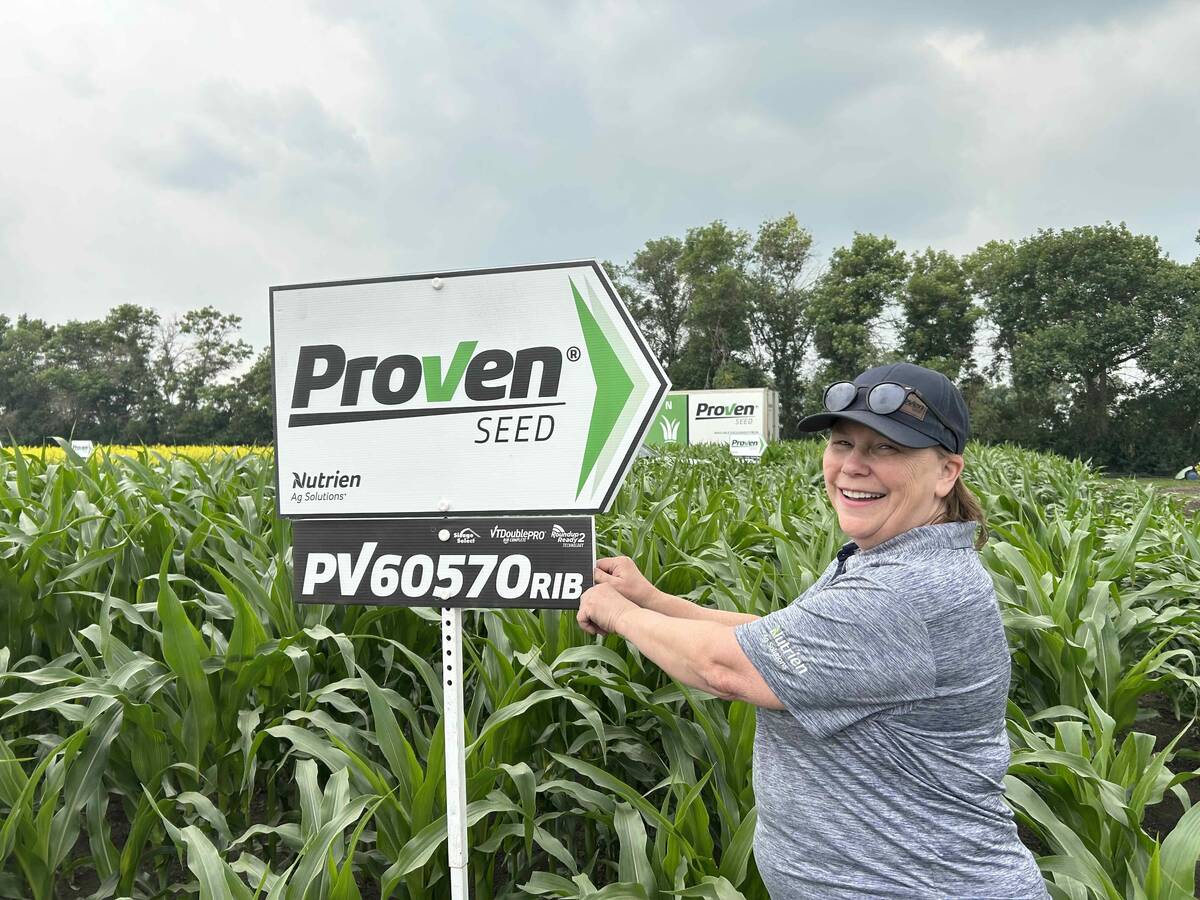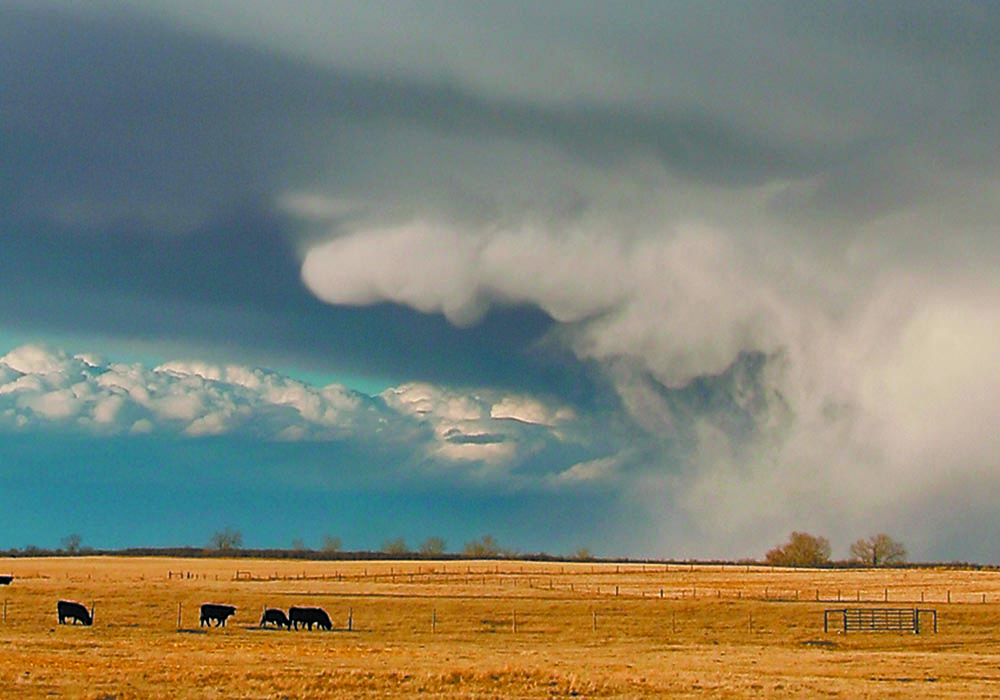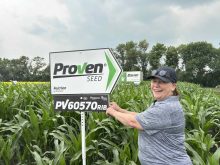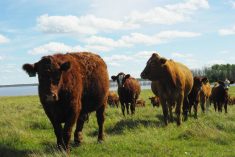Producers in parts of the four western provinces and Quebec will be eligible for 2019 tax relief as a result of extreme weather conditions.
Agriculture Canada announced the designated regions in a July 22 news release in which it notes “livestock producers in Western Canada and Quebec are experiencing significant forage shortages due to drought conditions, supporting an early designation under the livestock tax deferral provision. Ongoing analysis and consultations will continue to determine if additional regions will be added to the designated list.”
Producers in the designated areas can defer until 2020 some of the 2019 proceeds, if any, from the sale of breeding stock. Some producers had to downsize their breeding herds because of drought-induced feed shortages earlier this year.
Read Also

Ag In Motion 2025 site hub of activity
day before Ag in Motion preview.
Agriculture Canada said the regions in which producers are eligible for the deferral are those where forage shortfalls of 50 percent or more were caused by either drought or excess moisture. Weather, climate and production data were used to determine the designated areas, it said.
To defer income for tax purposes, producers must have reduced their breeding herds by at least 15 percent. If that reduction was less than 30 percent of the herd, 30 percent of the income from net sales can be deferred.
If the breeding herd was reduced by 30 percent or more, 90 percent of the income from net sales can be deferred.
“In the case of consecutive years of drought or excess moisture and flood conditions, producers may defer sales income to the first year in which the region is no longer prescribed,” Agriculture Canada said on its website.
In a news release announcing the tax deferral program, federal agriculture minister Marie-Claude Bibeau acknowledged the challenges created by drought.
“It is a priority for our government to quickly determine how the livestock tax deferral will be authorized to ensure that our producers have the support necessary to make informed herd management decisions and to help them keep their businesses strong,” Bibeau said.
A map of the areas in which the tax deferral might apply includes all of Saskatchewan south of Saskatoon, most of the area in Alberta east of Red Deer and southeast of Calgary, a large swath of Manitoba from the Saskatchewan border east to Winnipeg and a wide area of northern British Columbia and Alberta surrounding Fort St. John.
A list of the eligible municipalities and a map are available here.


















